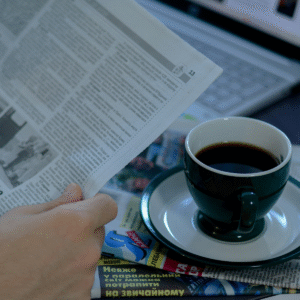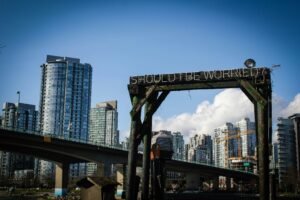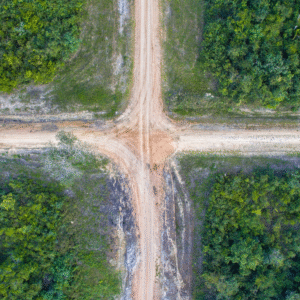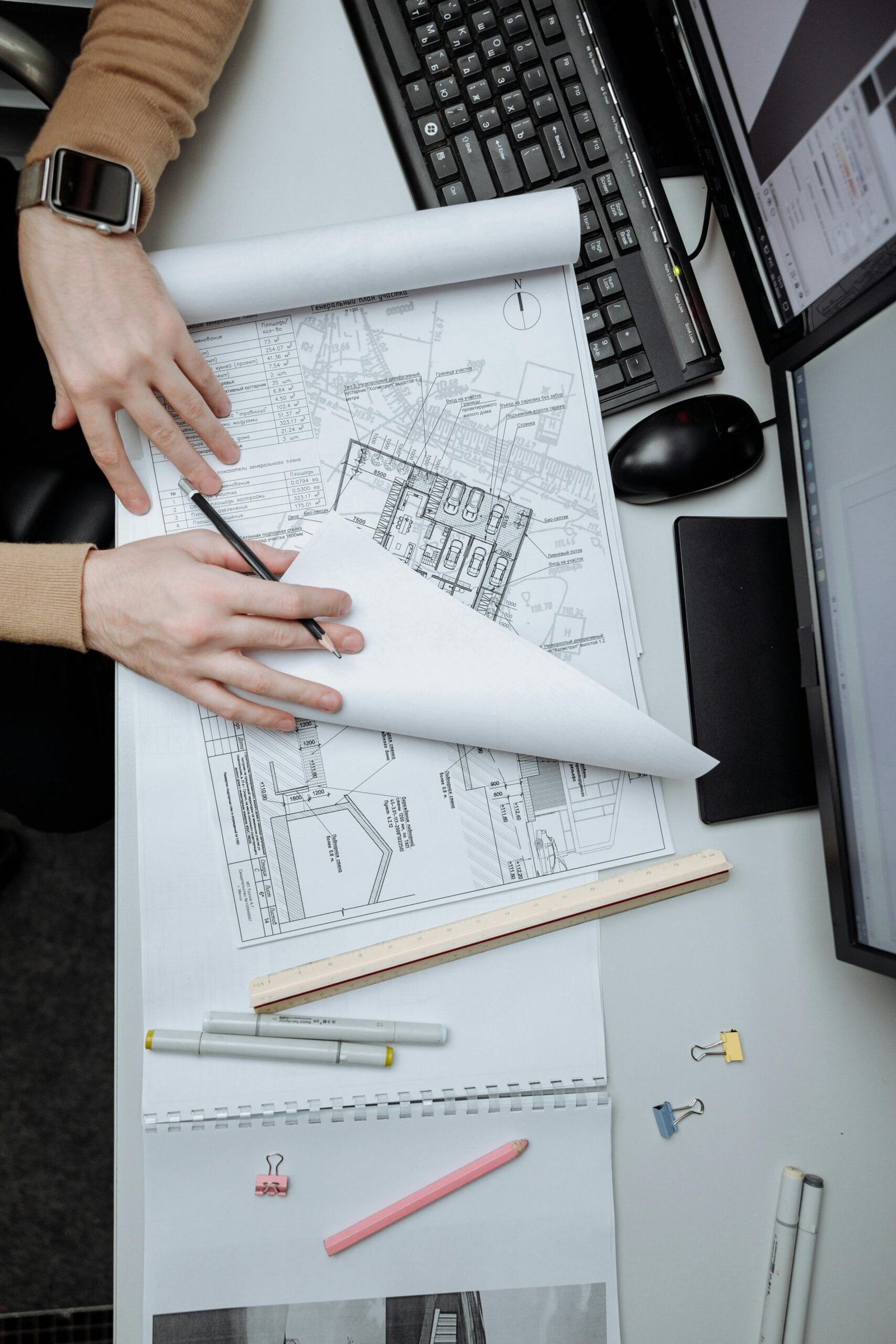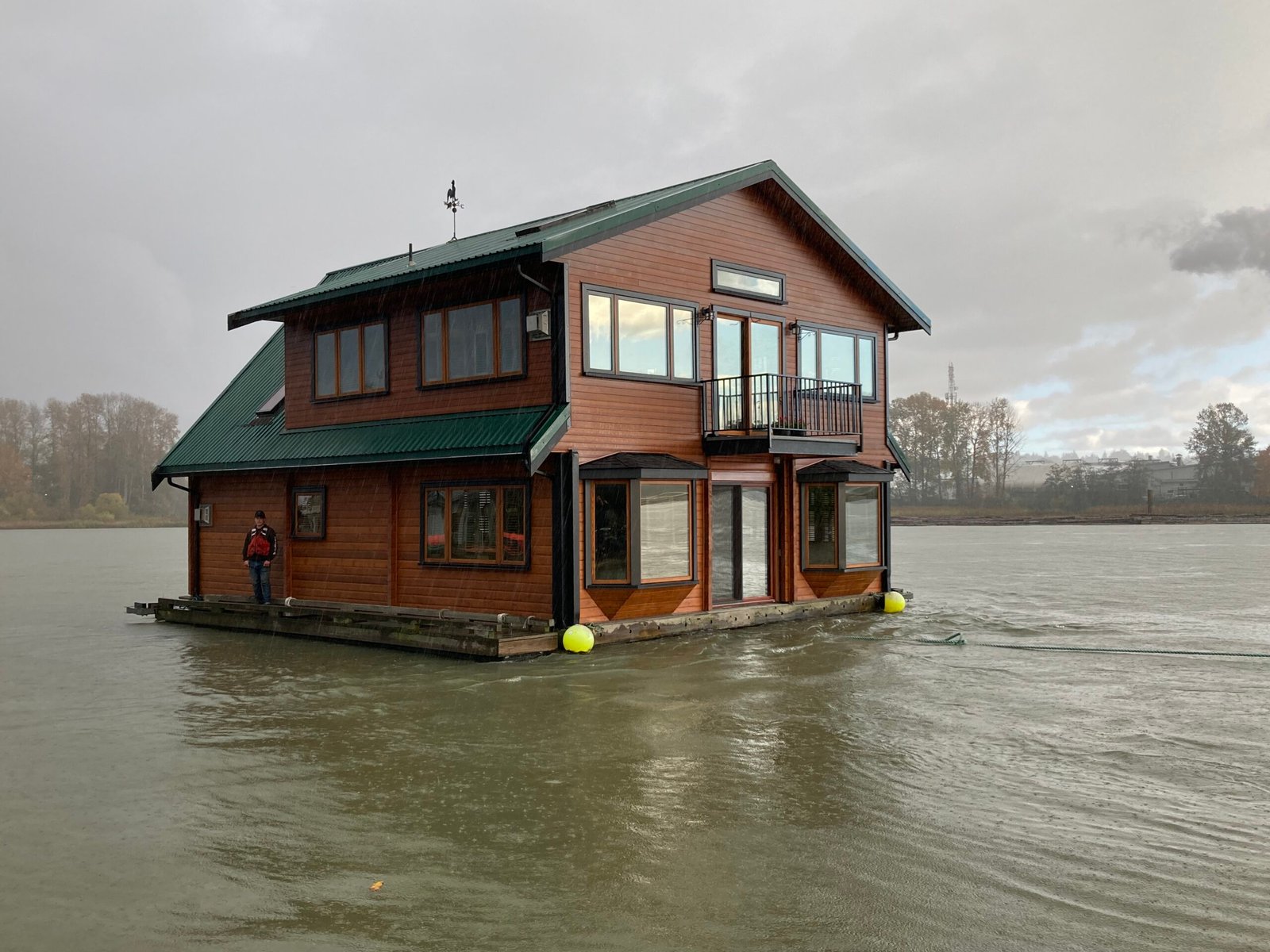Choosing the right siding for your home or project is a significant decision that affects not only the look of your property but also its durability and energy efficiency. Vancouver’s unique climate, characterized by wet winters, mild summers, and occasional coastal storms, makes this choice even more critical. This guide explores the most popular siding materials used in the Greater Vancouver area, detailing their subcategories, benefits, and ideal applications.
Cedar Siding: Natural Beauty and Versatility
Cedar siding is celebrated for its timeless appeal, sustainability, and ability to complement Vancouver’s natural surroundings. Known for its resistance to rot and pests, cedar is an ideal choice for homes in the region’s damp climate.
- Shingles: Cedar shingles provide a smooth, uniform look that works well for traditional or craftsman-style homes. They weather beautifully, turning into a silvery-gray patina over time if left untreated.
- Lap Siding: Overlapping horizontal boards give a classic, rustic look. This style suits everything from heritage homes to modern designs looking for warmth.
- Tongue and Groove: Interlocking planks create a seamless, modern aesthetic. This style is ideal for sleek architectural designs or as interior accents.
- Board-and-Batten: A vertical design where wide cedar boards are spaced apart and covered with narrower battens. It’s a popular choice for farmhouse-style and contemporary homes, offering both texture and depth.
Benefits of Cedar Siding:
- Natural insulation properties, reducing energy costs.
- Biodegradable and environmentally friendly.
- Easy to repair and maintain when properly sealed.
Metal Siding: Sleek and Durable
Metal siding has grown in popularity for its clean lines, durability, and low maintenance. It’s especially valued in Vancouver’s urban settings and modern architectural designs.
- Aluminum Panels: Lightweight, rust-resistant, and available in various finishes, aluminum panels are ideal for coastal properties where salt air can be a concern.
- Prefabricated Insulated Metal Panels: Combining insulation and cladding into one sleek solution, these panels provide exceptional thermal performance, moisture control, and a modern aesthetic, making them a practical choice for energy-efficient homes and commercial projects.
- Corrugated Metal: With its signature wavy pattern, corrugated metal adds a modern industrial look to homes or accent walls.
- Standing Seam: Vertical panels with raised seams provide a sleek, architectural appearance while efficiently shedding water.
Benefits of Metal Siding:
- Fire-resistant and virtually impervious to pests.
- Recyclable and environmentally sustainable.
- Low-maintenance, requiring only occasional cleaning.
Fiber Cement Siding: Durable and Versatile
Fiber cement siding combines the best of both worlds: the appearance of natural materials like wood or stone with the durability of cement. It’s a particularly practical choice in Vancouver due to its ability to withstand moisture and fluctuating temperatures.
- Plank Siding: Resembles traditional wood lap siding but offers superior resistance to rot and pests. A popular choice for both modern and classic designs.
- Shingles: Pre-cut shingles mimic cedar but require less maintenance. They’re often used on gables or decorative accents.
- Vertical Panels: Perfect for minimalist designs, vertical fiber cement panels offer a sleek and uniform look.
- Board-and-Batten: Fiber cement versions of this classic design offer durability with an updated aesthetic.
Benefits of Fiber Cement Siding:
- Non-combustible, making it a safe choice for urban areas.
- Resistant to cracking, warping, and pests.
- Wide range of styles and finishes to suit any home design.
Stucco: Seamless Elegance
Stucco has a long history in architecture and is favored for its smooth, clean appearance. Its adaptability to various architectural styles makes it a versatile option in Vancouver.
- Traditional Stucco: Made with a blend of cement, lime, and sand, this type offers breathability and flexibility to prevent cracking.
- Synthetic Stucco (EIFS): This lightweight version includes insulation layers, making it an energy-efficient option.
Benefits of Stucco:
- Seamless design prevents water infiltration.
- Low-maintenance and long-lasting when properly sealed.
- Works well on modern, Mediterranean, or traditional-style homes.
Stone Veneer: Timeless Luxury
Stone veneer adds a touch of elegance and natural beauty to exteriors. It’s often used as an accent material but can also be applied to entire facades.
- Natural Stone Veneer: Thinly sliced real stone provides an authentic look and feel. It’s durable but more expensive and heavier than alternatives.
- Manufactured Stone Veneer: Made from concrete, this option replicates natural stone at a lower cost and weight.
- Ledgestone: Features small, stacked stones for a rugged, textured finish.
- Ashlar: A more uniform stone pattern with square and rectangular shapes for a polished appearance.
Benefits of Stone Veneer:
- Adds resale value and curb appeal.
- Highly durable and weather-resistant.
- Complements a variety of other siding materials.
Brick Veneer: Classic and Enduring
Brick veneer combines the timeless look of traditional brick with a more affordable and practical approach. Unlike structural brick, veneer serves as a cladding material.
- Traditional Brick Veneer: Full-sized bricks bonded to a backing wall, offering a solid and enduring appearance.
- Thin Brick Veneer: Lightweight and easier to install, thin bricks provide the same look without the added bulk.
- Rustic Brick: Features an aged, weathered texture, perfect for vintage-inspired designs.
- Smooth Brick: Uniform and polished, often used in contemporary or minimalist designs.
Benefits of Brick Veneer:
- Excellent fire resistance and insulation properties.
- Little to no maintenance required.
- Versatile in blending with other materials like cedar or fiber cement.
Choosing the Best Siding for Your Vancouver Home
When deciding on the perfect siding, consider factors like your home’s architectural style, budget, and maintenance preferences. Vancouver’s climate demands materials that are resistant to moisture, mold, and temperature changes. Materials like cedar, fiber cement, and metal offer durability and performance, while stucco, stone, and brick veneer add unique aesthetic value.
Additionally, incorporating advanced building wraps and energy-efficient technologies like Passive House and NetZero principles can further optimize your siding’s performance. These elements enhance moisture resistance, improve insulation, and contribute to a sustainable, eco-friendly home.
Why Lynx Siding is the Right Choice
Lynx Siding offers expertise in all these materials and installation techniques. Our team takes pride in providing tailored solutions that meet the demands of Vancouver’s unique climate while ensuring your home stands out with exceptional curb appeal. With a focus on quality workmanship, energy efficiency, and a one-year workmanship warranty, we deliver siding solutions that exceed expectations.
Let us help you transform your property into a stunning, durable space that stands the test of time. Contact Lynx Siding today to discuss your project and explore the best siding options for your needs.


